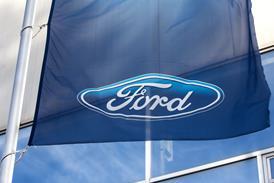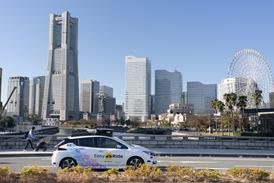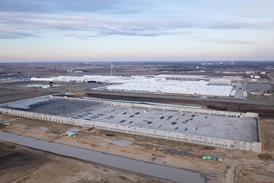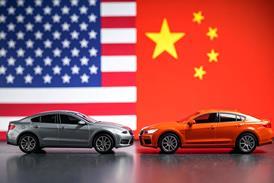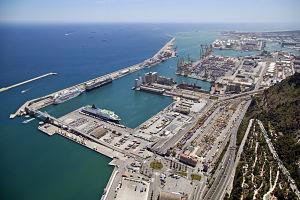Latest research from commercial real estate firm, Colliers International, indicates that shifts in economic power and manufacturing capacity over the past two decades have significantly changed the distribution of vehicles in Europe’s automotive industry. The company said that lower labour costs, improved infrastructure and government support have all contributed to a shift in manufacturing to countries in Central Eastern Europe and other emerging markets around the world. Carmakers in Western Europe are now having to reorganise their supply chains accordingly said the company.

The research also showed that other global markets accounted for 80% new plant openings over the last five years. Currently 36% per cent of new plants under construction by European manufacturers are in Asia, with 27% built in North America.
“European car manufacturers’ expansion focus has clearly shifted away from Europe to other global markets over the last five years,” said Karel Stransky, director, EMEA Corporate Solutions, at the company. “Given the level of latent demand, measured by car sales, coupled with the car manufacturers’ desire to increase local production, we are seeing the active development pipeline of new plants under construction globally showing an overwhelming focus towards emerging markets, such as China and Mexico.”
That shift is putting pressure on carmakers in western Europe to reduce costs through supply chain reorganisation, with markets in central and eastern Europe, such as Turkey, set to benefit because they are able to handle structural changes in supply and demand better.
“They will continue to attract investment from automotive manufacturers seeking a compromise between proximity and lower labour costs, leading to lower production costs, able to service Europe and other overseas markets,” said Stransky.
“As a result, the net impact on industrial space usage at various levels of the supply chain is likely to be negative with further plant closures possible, particularly in those locations with very low utilisation rates, which tend to be in Western Europe.”
The company said that in general the challenges faced by the car industry were likely to accelerate a shift by car manufacturers from sales to services, as seen in the development of car-sharing service models, such as BMW’s DriveNow, Mercedes’ Car2Go and Ford’s GoDrive.











